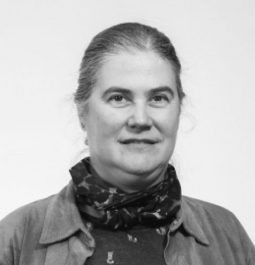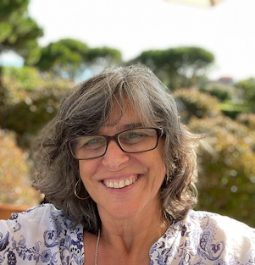Presentation
The Faculty of Social Sciences and Humanities of NOVA University of Lisbon (NOVA FCSH) and the Open University (Universidade Aberta) offer, in partnership, a doctoral programme in Medieval Studies, in a regime of e-learning with a brief face-to-face component.
The course is taught according to the Open University (Universidade Aberta) pedagogical model (internationally recognised) and complemented by a one-week face-to-face doctoral retreat; during this period, the students present and discuss their thesis projects, make contact with the course teachers and with international lecturers, aswell as participating in a small postgraduate conference, in order to promote integration in the professional academic environment.
Several partnerships have been established with Spanish universities where, under ERASMUS+, doctoral students have the opportunity to attend seminars and complement their training if they so wish. They can also be integrated into the various projects taking place in IEM, even at a distance. From 2021, researchers at CSIC- Madrid will also offer an online option under the collaboration protocol that unites the three institutions.
Doctoral dissertations may also be jointly supervised, when the respective protocols are signed, or according to the Doctor Europaeus model.
In 2020/21, the host institution is NOVA FCSH.
LANGUAGE OF INSTRUCTION___
Mastery of the Portuguese language (at reading level) is required, although all the assessed activities within the doctoral programme (participation in forums, reports, seminar papers) may be presented in Spanish, French, Italian or English.
Objectives
The main goals of the programme are:
- to promote advanced, multi- and interdisciplinary training in the field of Medieval Studies;
- to promote independent, innovative and autonomous research.
It is also intended that students will achieve the following learning goals:
- ability to synthesise and critically approach concepts from a range of data and problems from a variety of subject areas and themes.
- mastery of technical skills (palaeography, Latin, textual criticism, analysis of archaeological remains, images and colours).
- mastery of tools for the selection of the methodology/-ies best suited to the work to be developed and of the various levels of treatment of materials (texts, images, archaeological remains,
elements of material culture, music, liturgy, etc). - ability to produce high-level interdisciplinary and comparative research, individually in at least two different scientific areas, respecting the requirements of academic quality and integrity standards.
- ability to communicate with peers, the broader academic community and society in general about the specialization.
Vacancies
Associated Research Units
Coordination

Isabel Maria de Barros Dias (UAb)
History Department

